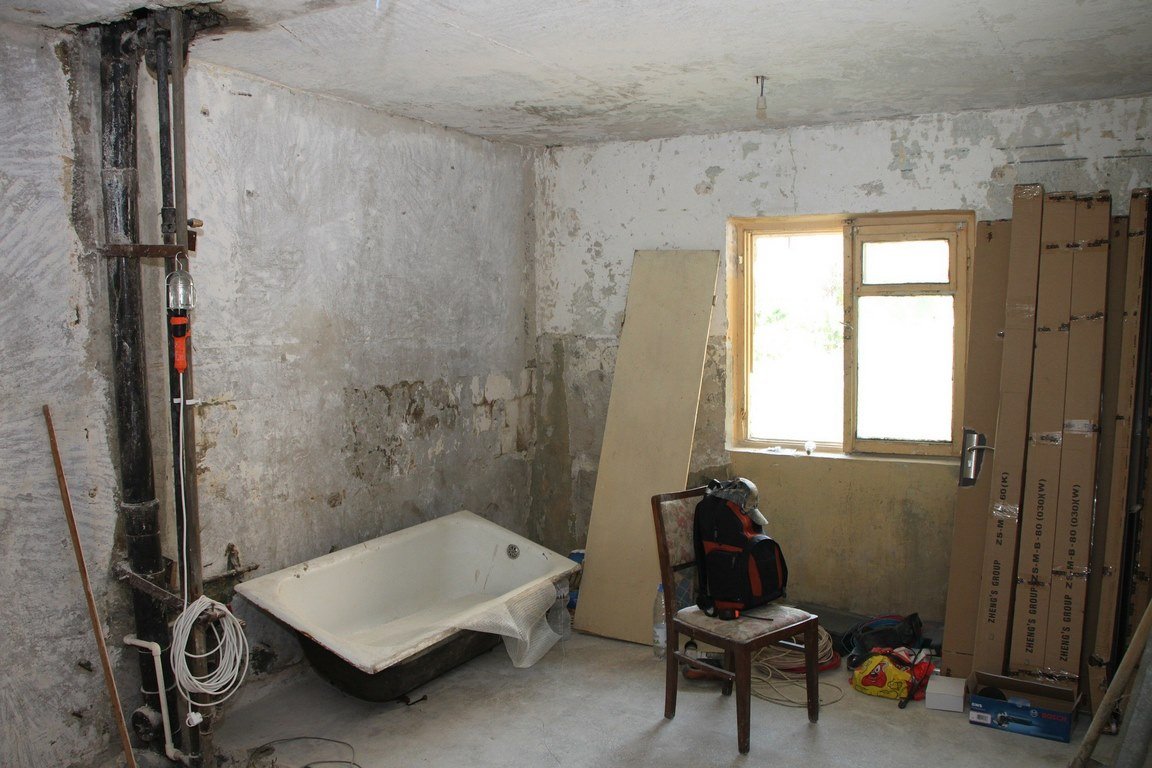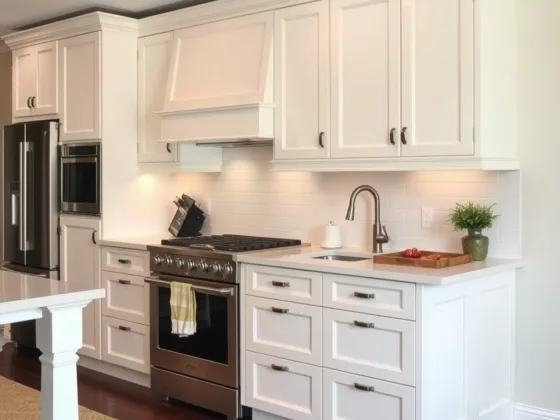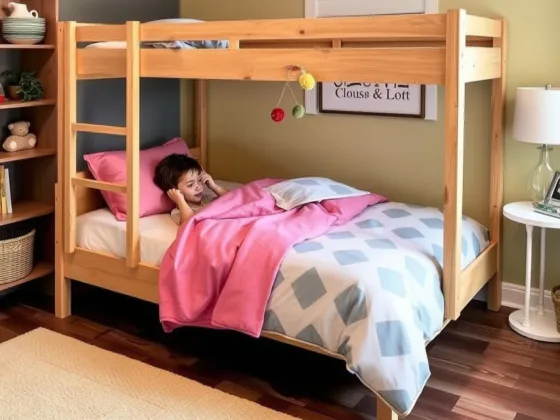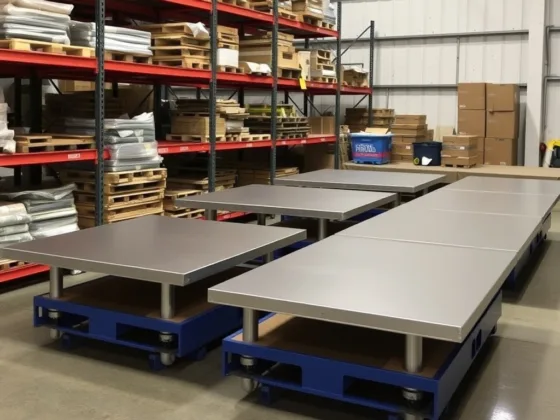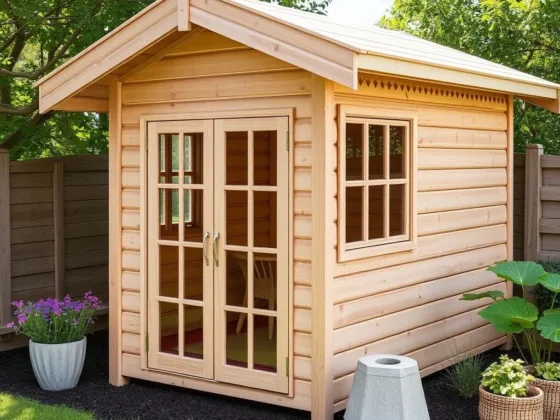Table of Contents Show
If your house is starting to look dated, you need more space or would like to make it more functional then you may well be weighing up whether to do some home renovations.
Depending on your budget, design, and needs, your desired renovations could involve updating a single room such as a bedroom, the kitchen, or living room, putting in new bathroom radiators, or renovating the whole house, especially if you have just moved in and it requires a full remodel.
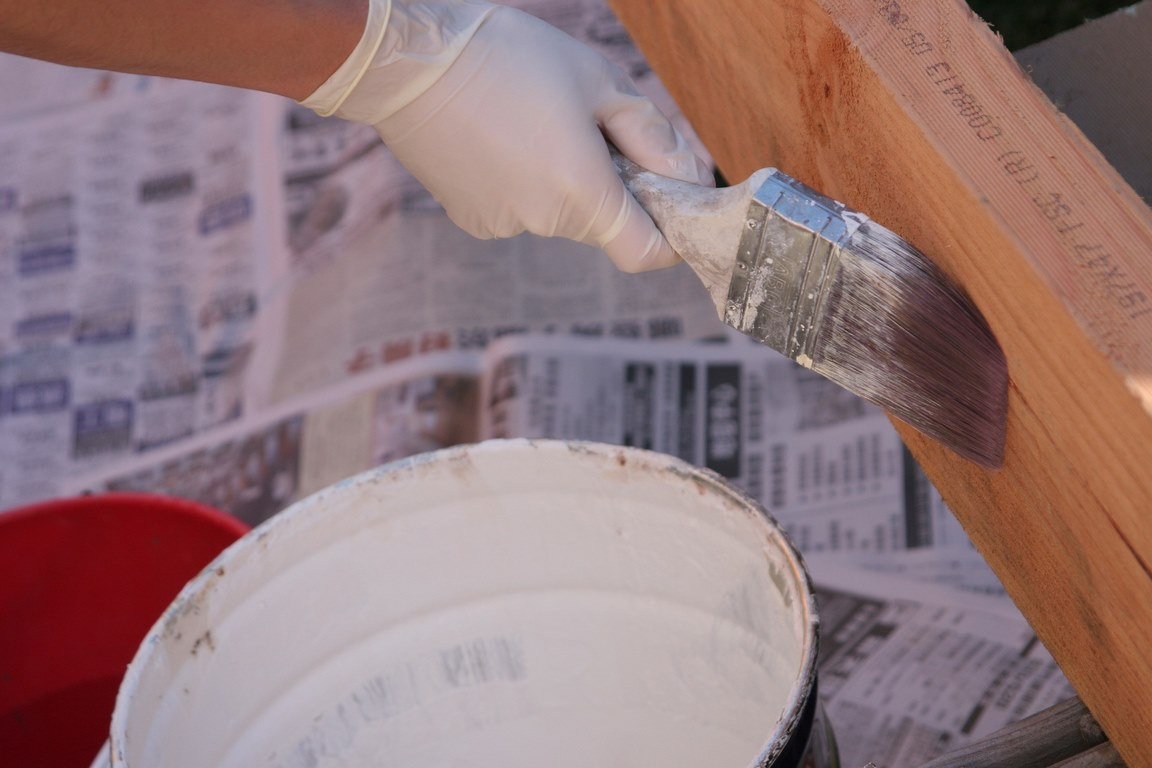
Quite often carrying out even small-scale renovations can lead to extra costs, stress, and wasted time, therefore it is essential that homeowners pay attention to the details, make a solid plan and take note of some important considerations before starting any renovation work.
“Ultimately, the aim of renovation is to boost the value of your property. Making sure things are done in the right way is the best way to achieve success,” comments James Durr of home sales specialists Property Solvers.
For homeowners with renovation plans in mind, here are some critical things to give thought to whilst planning home renovations.
Waste Management
Home renovations usually produce large amounts of waste that need to be disposed of properly such as bricks, ceramic tiles, concrete, fabrics, fixtures and fittings, furniture, garden waste, metal, plastics, soft furnishings, and wood.
It is possible to take rubbish to the local collection center yourself, however, the transportation costs can soon add up if you have huge amounts of waste so usually getting a skip bin makes more sense.
In addition to being a more economical choice, you can select the size of bin suitable for your project and space.
Also, professional skip bin companies will provide you with information about any legal restrictions regarding certain types of waste that are hazardous or must be separated for recycling.
Planning Permissions
Prior to breaking ground on any home renovation works, homeowners are advised to check if they are required to apply for planning permission from the local council.
Oftentimes for home renovations, planning permission is not necessary, however, the rules vary a lot from area to area so it is well worth checking.
Home improvements and renovations that may require planning permission include:
- Cutting down or pruning trees, especially ones on or close to property borders
- Full or partial demolitions
- Subdividing land
- Extending current structures
- Building new structures
- Any kind of work that affects the surrounding area
Applying for planning permission and waiting for a reply can take some time, although the process can be sped up if the homeowners put forward a well-prepared application.
For bigger projects, it is advisable to hire an architect or drafter to assist homeowners through the application process by creating and submitting detailed drawings and plans.
Design
Before meeting with an architect and interior designer, it is a good idea to decide your design preferences and collect some samples from sources such as architecture and design magazines, shows, and websites.
Having a clear idea of your design expectations and preferences will provide architects, interior designers, and building contractors with key information to help them plan the different stages of design, planning, and construction.
Early on in the design stage, homeowners and architects should honestly discuss whether the planned renovations will add value to the house, if they are physically possible and whether they are within a budget.
Budget
Homeowners wishing to renovate their house are encouraged to carefully consider their financial situation and set a budget before hiring professional help, drawing up designs, or buying materials.
Once a maximum budget has been established, homeowners should start to research and list every cost on a spreadsheet. Home renovation expenses usually include:
- Materials
- Site preparation and waste removal
- Skip bin hire
- Architect, interior designer, and building contractor labor and services
- Planning permission application
- Equipment and tool hire
- Cleaning
- Insurance
Typically, in Australia, full home renovations can cost anywhere from $40,000 and $300,000 whilst on average kitchen or bedroom upgrades cost around $15,000.
Read Also:
Hiring a Contractor
Most home renovations will require contractors to carry out the work unless you have the right skills and time to do them yourself.
Hiring the wrong contractor who is expensive, incompetent, or unprofessional can cause a lot of money and time to be lost or even result in renovations that are dangerous or devalue a property.
Therefore, it is imperative that homeowners research potential contractors and choose them wisely.
There are several simple ways to find high-quality contractors and figure out if they are suitable to complete your home renovations:
- Ask for recommendations
- Interview them over the phone
- Consult with them in person
- Contact previous clients
- Receive and compare bids
Any agreement made between homeowners and contractors must be included in a contract along with other details and supporting documents such as a payment schedule, proof of liability insurance, the start and completion dates, and materials required.
Renovate in Stages
To avoid disorganization, a dangerous construction site, and wasted labor hours or material, homeowners should plan a schedule of works by separating internal and external tasks, and then organizing them into stages so a step-by-step renovation process can be followed.
A schedule of works is an essential document that should be included in a contract with builders and referred to throughout the renovations.
Experienced contractors usually complete renovation works in two phases; first, fix and second fix jobs.
First, fix jobs often include:
- Constructing or removing walls
- Installing plumbing
- Fitting floors
- Installing door linings and window frames
- Plastering walls
- Fitting electrics
Once the first round of tasks is complete, contractors will move onto second fix jobs such as:
- Installing boiler systems, heating controls, and radiators
- Hanging doors
- Fitting bathrooms and kitchen
- Boxing in exposed electrics and pipes
- Installing light fittings, electrical sockets, and Internet, phone, and TV connections
Once the renovations are finished or close to completion, the works should be inspected, and if any problems are found they should be rectified by the contractor.
Setting a Timeline
Usually, home renovations take longer than initially planned and may take even longer if homeowners are living on site.
Breaking down renovations into the design, planning, and construction phases can help to make a feasible budget, timeline, and completion date.
Typically, working with an architect to create renovation designs may take up to three months, planning permissions application one month, and construction between 3 and 9 months.
Renovating a home is a rewarding experience once it is complete and homeowners can relax and enjoy their surroundings again.
Although before reaching that point, homeowners must carefully prepare and manage renovations which often involve many challenges and considerations as detailed in this article.
